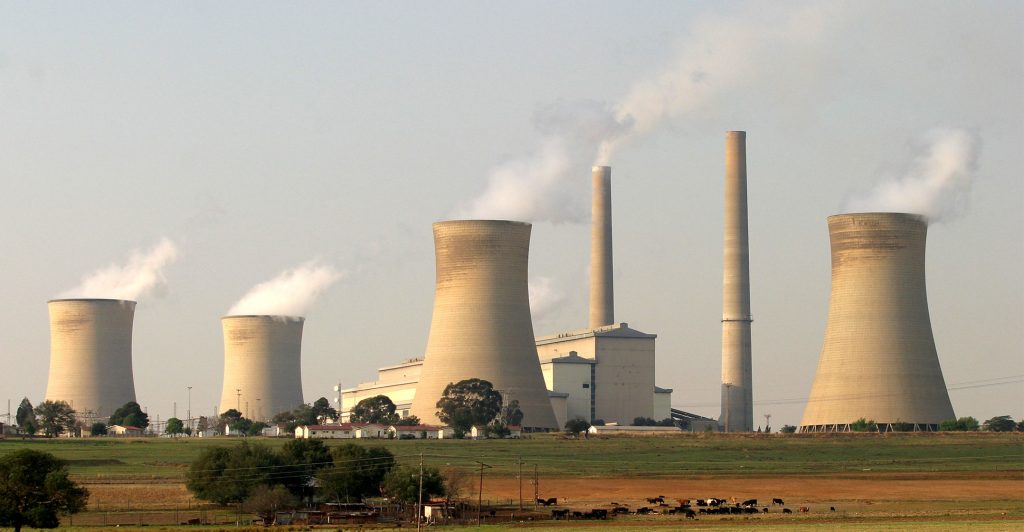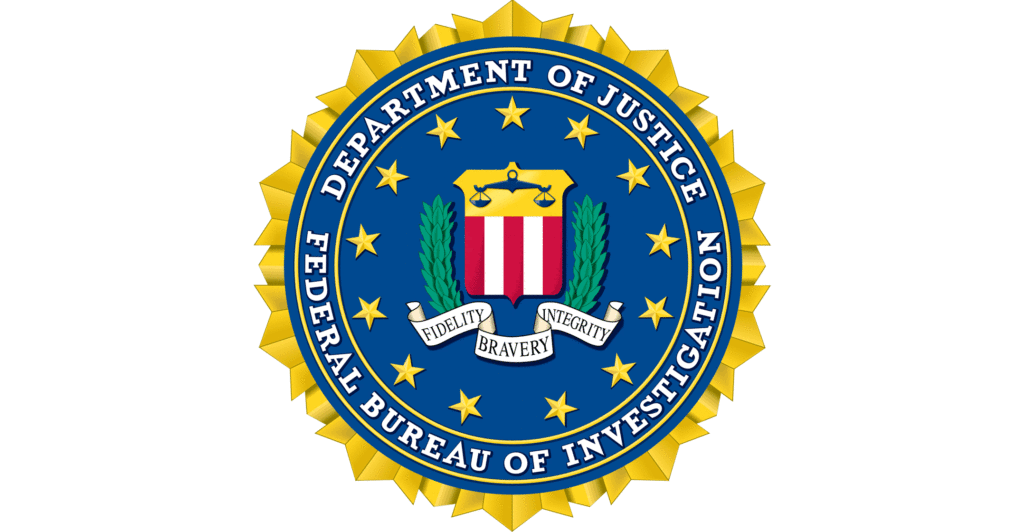
South Africa has moved from 67th to 61st place on Transparency International’s Corruption Perceptions Index (CPI) 2015.
This indicated that perceptions around the extent of corruption in the country was stabilising.
The country’s score of 44 on the index, however, remained unchanged from 2014, Corruption Watch said in a statement on Wednesday.
A country’s score referred to the perceived level of public sector corruption on a scale of 0 to 100. Zero meant a country was perceived to be highly corrupt and 100 that it was clean.
There were 168 countries on the 2015 index.
“The good news is that for the second year in succession, our score, as measured by the CPI, has remained the same and our ranking has improved slightly,” Corruption Watch’s executive director David Lewis said.
“The bad news is that we are still ranked amongst those countries perceived to have a serious corruption problem, with our ranking perilously close to those countries suffering from endemic corruption.”
He said the country had to turn the situation around, adding that it could not afford to fall any further.
The CPI was compiled from a composite of surveys conducted during the year by organisations such as the World Bank, the African Development Bank and the Organisation for Economic Co-operation and Development.
The individuals surveyed were largely public and private sector leaders and academics, Corruption Watch said.
The organisation said the stability in perceived corruption revealed by the CPI was at odds with another important Transparency International survey, the African edition of the Global Corruption Barometer (GCB), released in December last year.
The GCB revealed that 83% of South Africans polled believed that corruption was increasing and 79% believed that government was doing a poor job of combating corruption.
“The difference between the two important surveys is explained by the different character of the respondents,” said Lewis.
“The opinion makers surveyed for the CPI see evidence that key pockets of government are deeply concerned about corruption.”
He said this was particularly true of important opinion shapers such as the national treasury.
However, the “ordinary” South Africans surveyed by the GCB saw prominent political and public and private sector leaders at all levels continuing to loot their towns, provinces and national government on a grand scale and getting away with it.
“Their perceptions are equally valid. The good work of those serious about combating corruption is overshadowed by those who continue to behave with impunity,” Lewis said.
Corruption Watch believed that the way forward was to demonstrate that no one was above the law.
“As long as people with wealth and political power are perceived to be above the law, our public and private sectors — as well as our political institutions — will be seen to be riddled with corruption.” — News24




